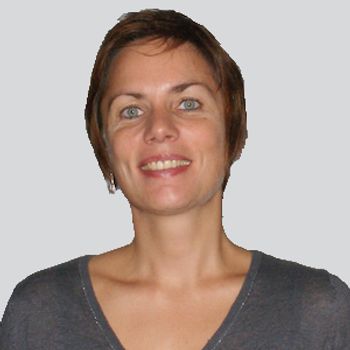
The DWI-based hierarchic algorithm predicted the risk of disability at 3 months for up to 100% of patients with a high predictive value.

The DWI-based hierarchic algorithm predicted the risk of disability at 3 months for up to 100% of patients with a high predictive value.
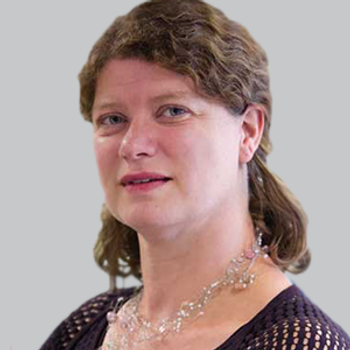
Neurofilament light chain has emerged as a biomarker with utility across the breadth of neurology, but just how much can it actually help?
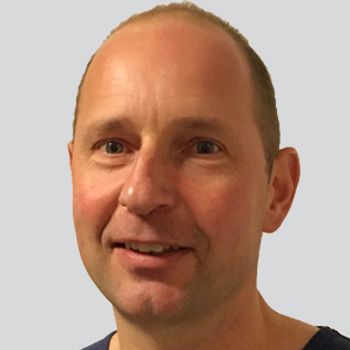
Mean arterial blood pressure may be a barometer for poor neurologic outcomes in patients with acute ischemic stroke who undergo endovascular therapy.
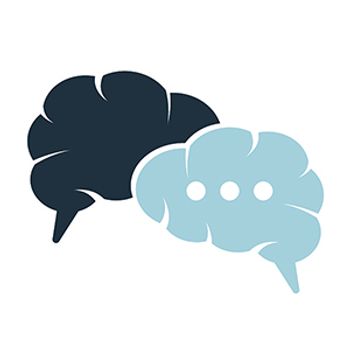
Join NeurologyLive and the Women Neurologists Group on Twitter to celebrate women in neurology on National Women Physicians Day.
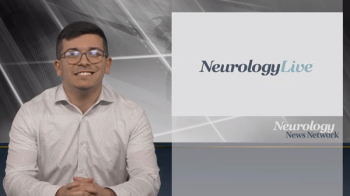
Neurology News Network for the week ending February 1, 2020.
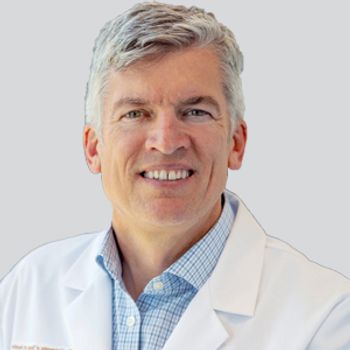
Those taking the drug achieved a significant reduction in the risk of stroke and death after acute ischemic stroke or transient ischemic attack when coupling it with aspirin.
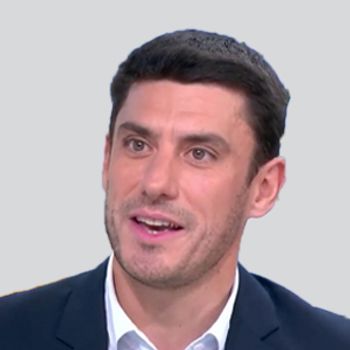
Findings from a study revealed that 50% of strokes in adolescents remained cryptogenic, sparking the need for multidisciplinary collaboration on prevention and management.
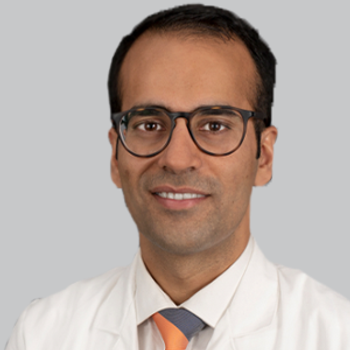
A systematic review of 9 studies suggested that pretreatment with dual antiplatelet therapy is not associated with a higher risk of poor outcomes after intravenous thrombolysis.
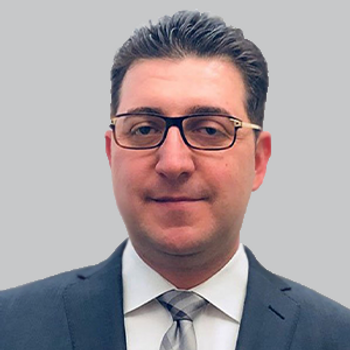
Those who have strokes with favorable imaging profiles have a higher likelihood of receiving endovascular thrombectomy as well as achieving high functional independence rates after 90 days.
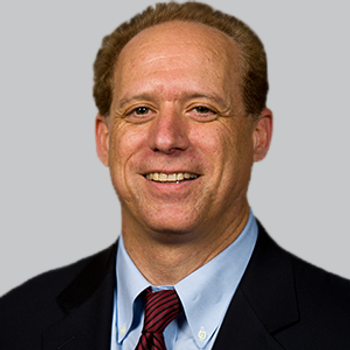
Use of rimabotulinumtoxinB (Myobloc; US WorldMeds) result in statistically significant reductions in sialorrhea compared to placebo with both 2500 U and 3500 U doses.

"Mind Moments," a podcast from NeurologyLive, brings you an exclusive interview with Donald Frei, MD.
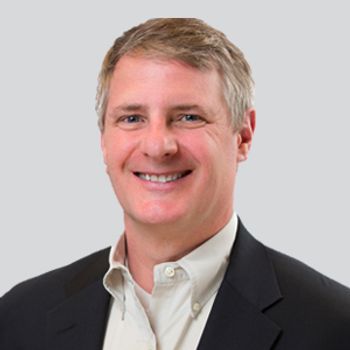
Donald Frei, MD, a neurointerventional surgeon in Colorado, recently appealed to the National EMS Advisory Council for improved EMS triage and transport protocols.
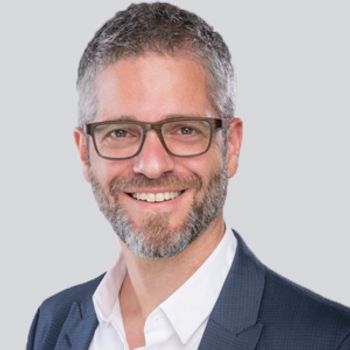
The neurostimulation device may help to accelerate the removal of a patient’s breathing tube by restoring neurological swallowing control.

In a review of 5 clinical trials, non‐vitamin‐K oral anticoagulants were shown to be associated with a lower risk of fatal and disabling, as well as non-disabling, stroke compared to warfarin.
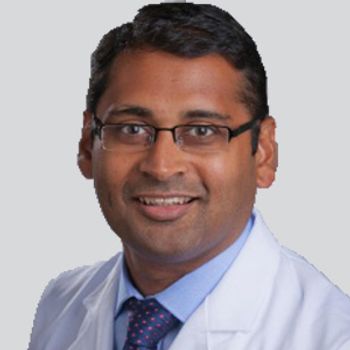
The findings suggest that the communicated risk may only apply to patients with very recent ischemic stroke.
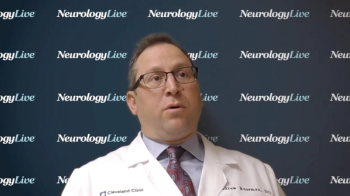
The medical director of the Comprehensive Stroke Center at Cleveland Clinic provided an in-depth look at the problems surrounding access to care, including those that limit the application of telemedicine.
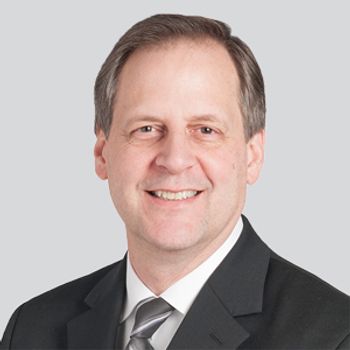
Catch up on some of our most popular video interviews with leaders in the field, including discussions with Imad Najm, MD, James Leverenz, MD, Richard Isaacson, MD, and more.
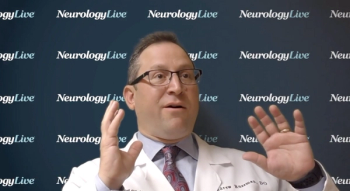
The medical director of the Comprehensive Stroke Center at Cleveland Clinic detailed the differences between neuroprotection and neurorestoration, and the available options for each.
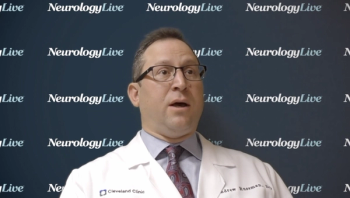
The medical director of the Comprehensive Stroke Center at Cleveland Clinic reviewed the timeline of administering various thrombolytic agents and the benefits they bring.
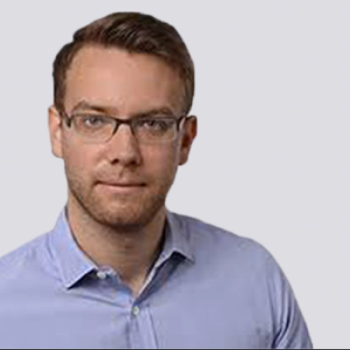
Intra-arterial urokinase improved Thrombolysis in Cerebral Infarction (TICI) scale scores and independence at 90 days, without increasing the risk of symptomatic intracranial hemorrhage.
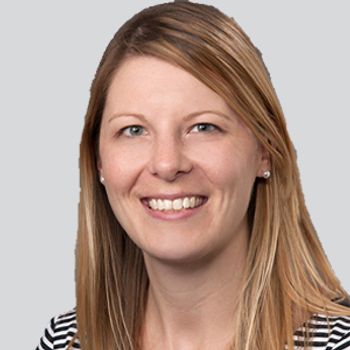
Although there are gaps in knowledge, investigators see potential in telemedicine for other neurologic disorders beyond stroke.
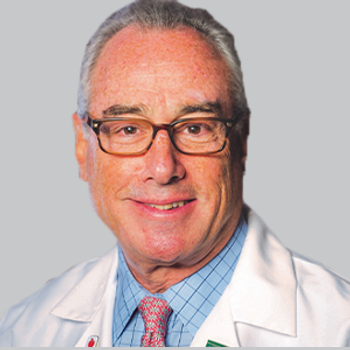
In light of the public health implications of speedier stroke treatment, these data suggest that mobile stroke units could represent a potentially beneficial addition to stroke systems of care in dense cities.
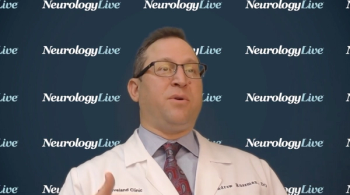
The medical director of the Comprehensive Stroke Center at Cleveland Clinic detailed the advantages of controlling blood pressure.
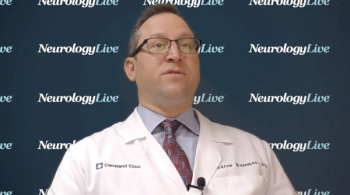
The medical director of the Comprehensive Stroke Center at Cleveland Clinic described the effects of limited medical resources on patients who have risk factors for stroke.
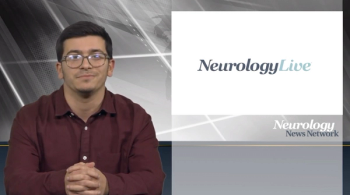
Neurology News Network for the week ending November 30, 2019.